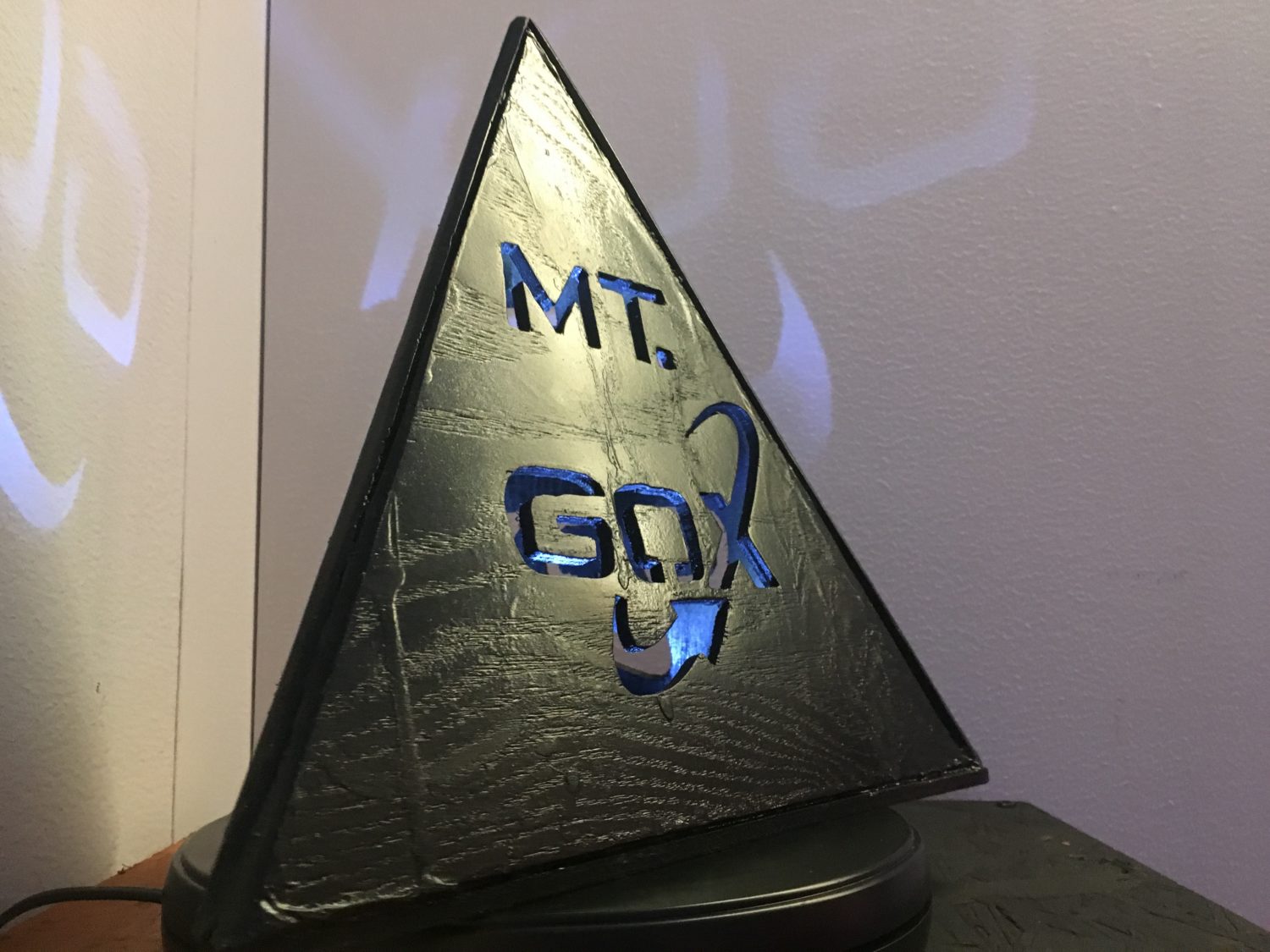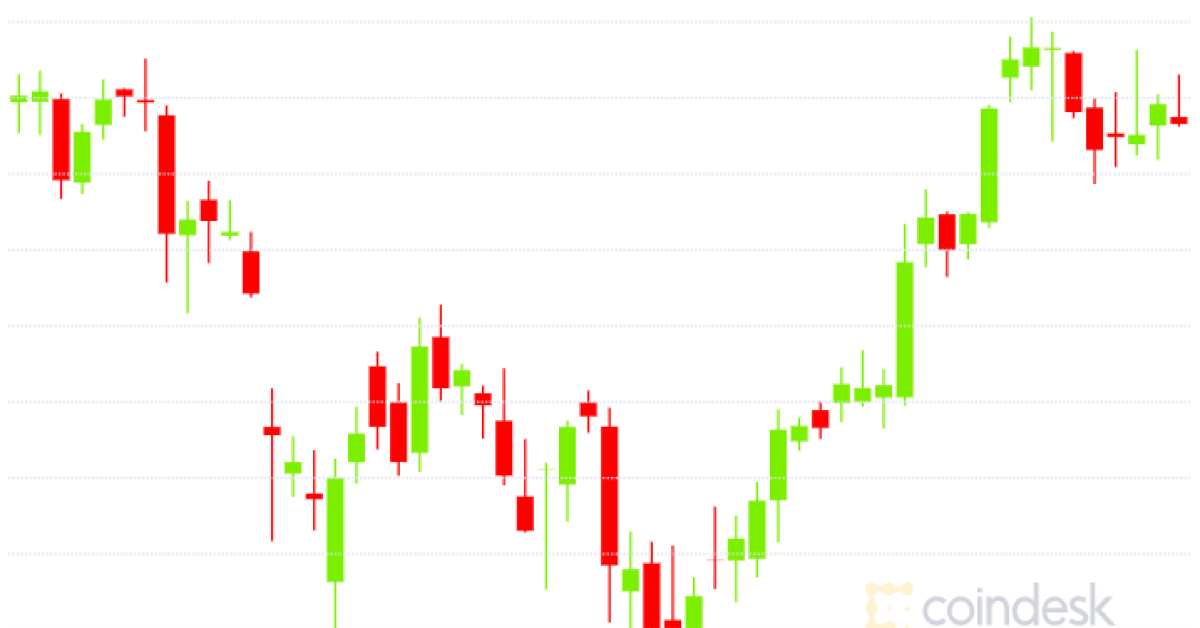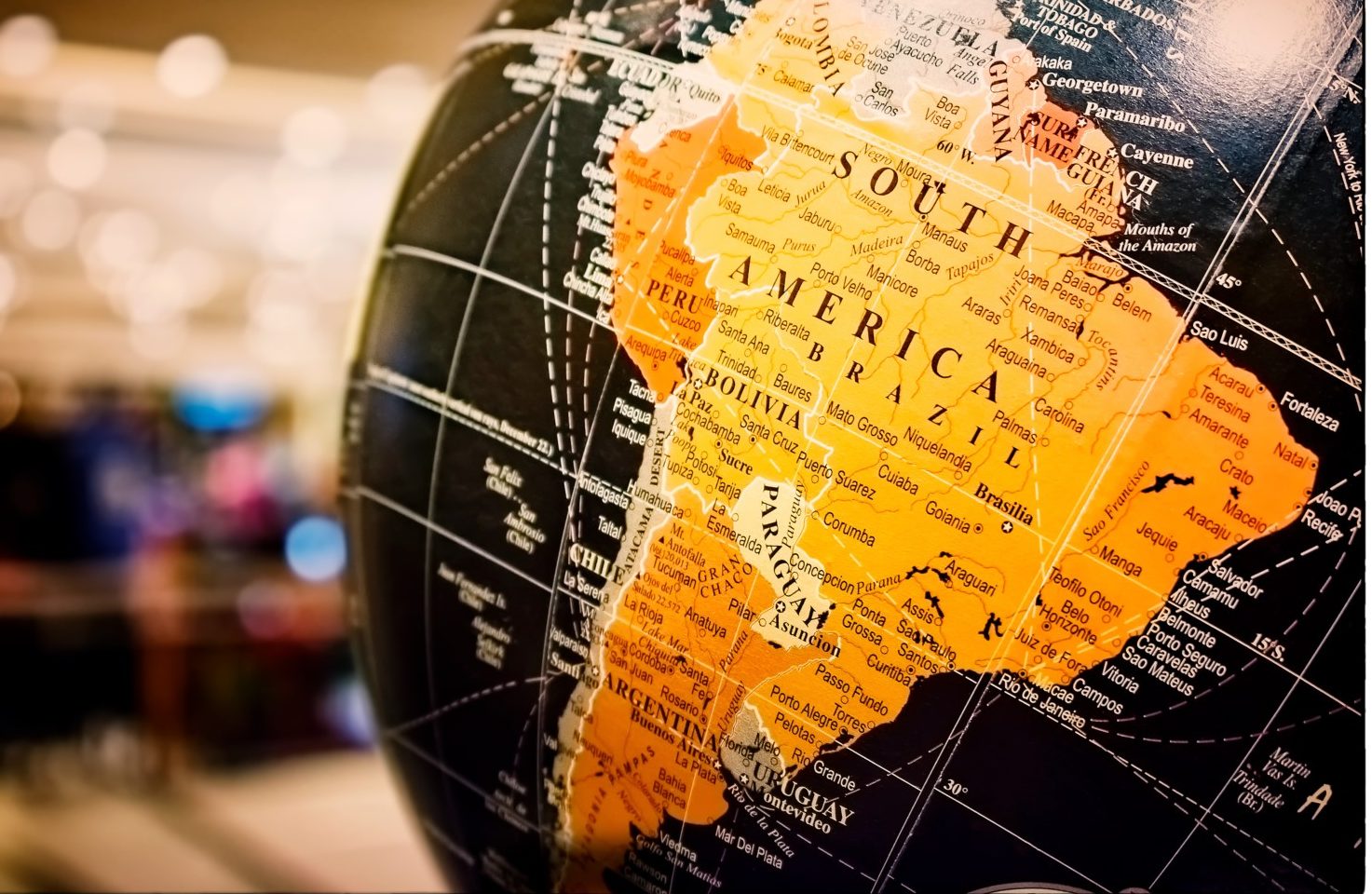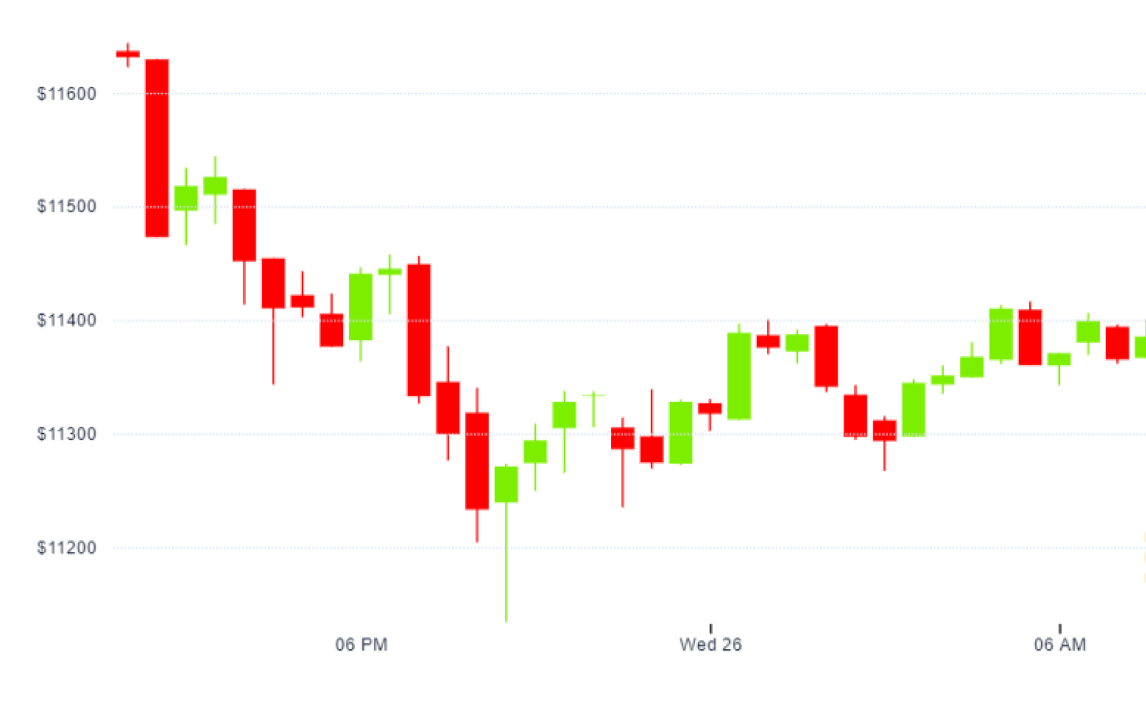Why Aren’t the Candidates Talking About Digital Currency?
Why Aren’t the Candidates Talking About Digital Currency?
Today’s arrival of Super Tuesday, that 15-state do-or-die Democratic primary battle, seems like a good excuse for a retrospective on how the U.S. presidential campaign has played out until now.
Specifically, let’s look back at how many of the presidential hopefuls noted an elephant in the room. How many contemplated the real possibility the international monetary system will soon be dramatically disrupted by digital currency and new finance initiatives emanating out of Beijing, Facebook’s headquarters and wherever in the world the #DeFi community is based?
These radical new ideas about money could challenge U.S. global economic dominance over the next president’s four-year term. Surely someone has a contingency plan. Right?
Let’s do a poll.
How many candidates mentioned during a year’s worth of debates and mainstream media interviews that China, by some measures already the biggest economy in the world, is about to launch a digital currency?
Answer: Zero.
How many candidates have a policy position for contending with the following potential challenges?
- A Wall Street crisis spawned by foreign businesses directly settling foreign trade contracts with digital currency rather than through intermediating U.S. banks
- Washington regulators struggling to impose sanctions on North Korea, Iran, Russia and other rogue states when those banks can no longer act as enforcement agents
- The bankruptcy of Social Security accounts when U.S. Treasury bonds plunge in value because digital trade settlement makes it unnecessary for foreign central banks to hold reserve assets as a volatility hedge
Zero. Zero. And Zero.
CoinDesk reporter Benjamin Powers has been hounding candidates and their advisers with questions such as these as part of our ongoing Election 2020 coverage, part of a series we’re calling the “Post-Trust Election.”
On digital currencies, Benjamin says, “candidates have been noticeably quiet.” Sure, “Bloomberg has the outlines of a policy plan, and a Sanders surrogate said the campaign sees possibilities for digital currencies to support more agile, peer-to-peer transactions. But it’s largely crickets from the rest of the field.”
Yet, in talking to voters in South Carolina this week, Benjamin found many were well informed about this rapidly evolving technology and thought candidates should be talking about it.
Instead, they’re getting responses like Joe Biden’s to a debate question on how he would contain North Korea’s nuclear weapon development: ”I would be putting pressure on China to put pressure on Korea, to cease and desist from their nuclear power.”
When the U.S. puts “pressure” on foreign governments, its primary non-military weapon is the threat to restrict financial flows into or out of the U.S. financial system. But as was discovered in a recent simulation run by Harvard and MIT researchers, one led by former U.S. Treasury Secretary Lawrence Summers, digital currency technology is likely to hinder Washington’s capacity to sanction North Korea.
Biden’s response is understandable. It’s hard for someone born two years before the Bretton Woods agreement to imagine a world in which the U.S. loses its unique gatekeeper role in the global economy. Heck, for an American of any age for whom low interest rates and other benefits of the dollar’s “exorbitant privilege” are viewed as the norm, it’s unsettling to imagine a world without them. No wonder digital currency doesn’t play in Peoria.
And, let’s be clear, the candidates’ main opponent isn’t contemplating the prospect of a different financial system either.
In a 2019 tweetstorm about his dislike of bitcoin (BTC), one now infamous in cryptocurrency circles, President Donald Trump said, “We have only one real currency in the USA, and it is stronger than ever, both dependable and reliable. It is by far the most dominant currency anywhere in the World, and it will always stay that way. It is called the United States Dollar!”
Yet, as international monetary system historian Barry Eichengreen’s work shows, reserve currency status never lasts. Eventually, the imbalances it fosters reach breaking point.
Now, with surveys showing foreign trust in U.S. leadership at all-time lows, with threats to the global economy such as COVID-19 (coronavirus) looming ominously, and with new digital currency technologies allowing users to bypass the dollar, the catalysts for change are looming.
Strikingly, central bankers, sensing an international arms race in currency technology, are sitting up and taking notice. A recent Bank of International Settlements survey of 66 central banks covering 90 percent of global economic output found 80 percent of them are working on digital currency projects and that 10 percent plan to go live with them within three years. The Bank of England’s outgoing governor, Mark Carney, has called for world leaders to come up with a new “digital hegemon” to replace the dollar at the center of the international monetary system. And earlier this month, Federal Reserve Chairman Jerome Powell admitted Libra and China’s digital yuan had “really lit a fire” under his institution, given the “systemic risks” they pose for the dollar.
The question is, when will the same fire be lit under our politicians’ behinds?
Disclosure Read More
The leader in blockchain news, CoinDesk is a media outlet that strives for the highest journalistic standards and abides by a strict set of editorial policies. CoinDesk is an independent operating subsidiary of Digital Currency Group, which invests in cryptocurrencies and blockchain startups.









